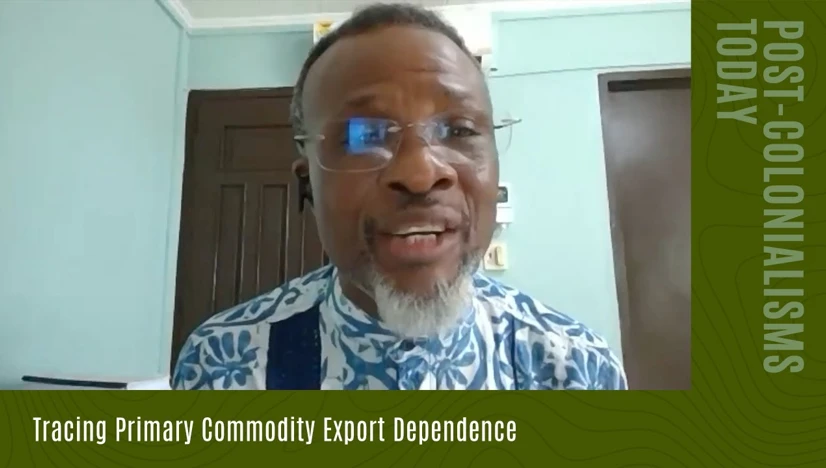Tracing Primary Commodity Export Dependence
Post-Colonialisms Today: postcolonialisms.regionsrefocus.org, 2020
Tetteh Hormeku-Ajei, member of the Post-Colonialisms Today Working Group, provides insight on the history of primary commodity export dependence in Africa, and relates it to the difficulties African governments are facing finding necessary resources to tackle the COVID-19 pandemic. There have been various limitations to state resources due to Africa’s dependence on primary commodity exports, a direct result of colonialism and neoliberalism. Prior to colonization, African countries mined their own natural resources to supply necessary tools for their livelihood, such as instruments for agriculture. However, colonization distorted their economic systems to no longer serve the needs of their people, instead benefiting the capital accumulation of their colonizers. Hormeku-Ajei argues that early post-colonial leaders in Africa attempted to tackle this issue in two ways: by ensuring that their economies accumulated wealth for their own needs, and by promoting industrialization in order to reconnect to their ability to produce, which was hindered by colonialism. Their attempts were impeded later on by the World Bank and the IMF through structural adjustment policies, which made governments give up their minerals and mineral wealth to transnational companies for little revenue. As Africa continues to face economic inequality due to primary commodity export dependent economies, early post-independence strategies offer important lessons.
Comment from our editors:
This presentation is an excerpt from the Post-Colonialisms Today’s webinar, “Lessons from the Decolonization Era for Contemporary Struggles around Natural Resource Sovereignty.”

